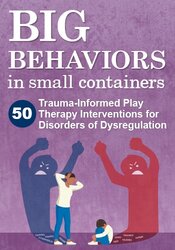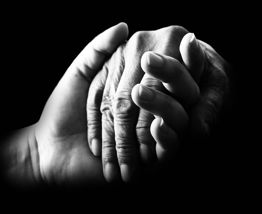Enrol in an online course today for flexible, self-paced learning—no fixed schedule required. Plus, enjoy lifetime access to course materials for convenient revisiting.
Anticipatory Grief and the Corona Crisis

As I sit here writing this, aware of how lives are being turned upside down – our collective and individual certainties upended – I see that, for want of a better expression, many of us are entering a state of anticipatory grief. At different degrees, we are processing current losses or impending ones.
In a state of anticipatory grief, there are many ways in which we humans may respond. These have been well documented by clinical writer-practitioners such as Elisabeth Kübler-Ross (1969), who theorised the 5-stage model of grief. Some will turn to:
- Denial, distraction through furious activity
- Anger, a sense of deep injustice
- Depression, sadness and a flattened out existence
- Bargaining with internal thoughts and through outward conversations
- Finally, some will attempt to adjust and to accept what cannot be easily controlled
Perhaps all these emotional positions will be useful at different times during the Corona crisis.
Denial
When we deny what is going on all around us, we can more easily, perhaps, continue to engage with life – we can switch off, sing and dance (at home), watch a boxset, escape. We will need to do so. Yet there is a lot at stake with consistent and rigid denial: without ever turning to reality, it is possible that we may find ourselves in further (emotional) isolation, an island mentality separated from those who might want to look at the situation head on.
Anger
With anger, we perhaps move into a position of incredulity, a sense that this is simply not fair: this is an emotional place, possibly, from which some kind of radicalisation can ensue. Anger might counter the ‘make the most of the pandemic’ narrative that capitalism arguably promotes, and which forces us into feeling like failures, should we not adapt well to the pandemic, and find opportunity within. No, anger propels us to take action – once we are able to do so – and think systemically about what is or has been going on in our time; it makes us speak up, to challenge those who are exploiting tenants, workers or circumstances unscrupulously, or who fail to act cautiously, becoming vectors of the virus and taking it to the door of others less fortunate.
Anxiety and panic
With ‘what if’s and bargaining, we note our anxiety – which is real and understandable, and which can be wise to share. We are not boulders, we are human, porous, and we worry – about ourselves, about our livelihoods, about other people. To demand constant unflappable, solidity is to be unrealistic. Yet it also stands to reason that we might be able to minimise some of this anxiety if we attempt to make plans for what is within our reach: a routine of sorts for children at home; a move to virtual environments to support people for whom we care and so forth.
We might also want to find moments of calm because a flooding of anxiety leads to panic, and panic often puts the individual at the centre and, quite possibly, diminishes empathy – we panic buy with our own needs in mind, forgetting we are one of many, for instance. And yet this panic is a well-founded one for people with terminal conditions, those who can only swallow porridge or whose tastebuds are all but gone to the sweetness of jam.
Sadness and gratitude
Yet with sadness comes the possibility for greater empathy: we might go down rabbit holes here, stepping into the imagined shoes of people who must watch funerals of family members being live-streamed; or whose people die without goodbyes or without the opportunity for those gentle conversations that provide comfort following a death, as many have experienced in Italy’s Bergamo.
When we go to these places in our minds we might also need to find a way out, too, and possibly look around (for those of us lucky enough to do so) at what we do continue to have – maybe grass outside; maybe children who poke fun at one another; maybe a hot soup. This will all be worth focusing on. And a moment of gratitude may follow…
Acceptance
And then there is acceptance, which is no easy feat given the scale of the current crisis. Why would we readily accept this situation at all…? However, acceptance might provide a little peace, for being able to control human existence is anyway something of an illusion, as is the fictitious sense of permanence that some of us in the West have come to convince ourselves of in crudely thick-skinned, narcissistic times.
With awareness of life’s impermanence might come a special kind of revelation: that we can’t take for granted our situation, our friends and family; that our relationship with one another demands care and effortful practice; that we are the owners of nothing and of no one.
In the realm of human relations, though, what we do have is our time, our commitment and our concern. These are some of the beautiful offerings we may find at our disposal, which in fact belong to the pool of humanity itself – as our essential workers are demonstrating.

















